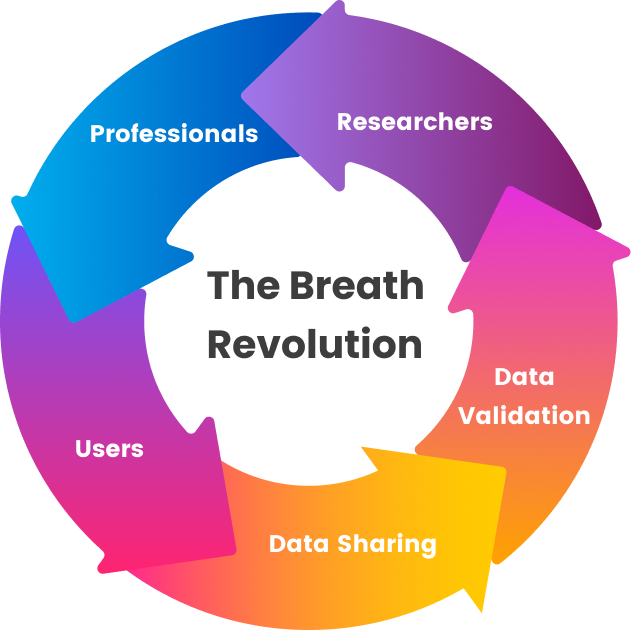Today’s society keeps us moving at a faster and faster pace. Everyone says “take a deep breath” before you begin a stressful or strenuous task. But, what does that really mean to your health? Medical research has revealed we inhale and exhale nearly 22,000 times a day. That is 22,000 opportunities to breathe better.
Do you ever stop to notice your breathing patterns as your day passes? The truth is that each breath is different and varies based on physical activities and your mental state at that moment. We breathe faster or we may even hold our breath when we are performing a strenuous task. We also breathe faster when we get excited. One of the key indicators of anxiety is that we breathe rapidly or feel breathless. But when we are relaxed or are sleeping, breathing becomes slower. For some individuals, breathing becomes so slow that sleep apnea occurs. Have you thought of why this is happening?
Our true challenge is that we don’t take a lot of time on a daily basis to slow down and really notice these habits. Losing focus on how we breathe can have bigger implications on our overall mental and physical health. Day by day these moments can turn into unhealthy habits and eventual medical conditions.
Breathing Awareness: Why Breathing Exercises are Important?
To frame the importance of breathing as a leading indicator of your health, let’s try a simple test. Stop what you are doing. Pause. Place a hand on your heart and pay attention to your heart rate as you inhale and exhale a little faster for 15 seconds and then slower for 30 seconds.
What you should have noticed is a slight change in your pulse or heartbeat as you elevated and slowed your breathing patterns. Specifically, when you slowed your breathing – and made your breath a little deeper, you feel better. This is just after a few deep breaths!
This connection between your mind and body is because you are focusing on your breathing pattern. Aligning your physical presence and mental state are keys to your overall health conditions. Many today practice meditation as a very similar tool to aligning all of oneself. The question still remains why are breathing exercises important and what is the scientific research behind it?
Breath awareness changes your breathing habit. Scientific research too supports that and has employed various breathing exercises to explore how they help in de-stressing and calming the mind and body. There are various breathing exercises and breath control practices prescribed in high-performing professions including sports and military. There are breathing techniques prescribed during labor pain as well. Also, yoga, tummo and other ancient traditions have considered breath central to their practices.

So, what does this all mean to improve my health? We find it valuable to learn the science behind breathing research and what discoveries have been uncovered in the process. Here are nine benefits of breathing exercises:
1: Reduce Stress and Anxiety
Many know today that breathing exercises can relax the body and calm the mind. In addition, these techniques also help in dealing with stress and anxiety. More than half a billion people practice meditation today but what we are discussing goes much deeper than traditional meditation.
There are many studies that support this. For example, 2018 review (Zaccaro Et Al., 2018) found evidence to support that slow breathing leads to physiological changes such as increased heart rate variability, alpha brain wave activity and respiratory sinus arrhythmia (RSA). These lead to improved behavioral outcomes, including reduction in anxiety and anger with improvements in depression and increased relaxation.
Similarly, a study identified emotional improvement as a benefit mind–body interventions (Stromberg et al., 2015). Another 2015 study suggested that negative effects of stress and emotions could be tackled with different forms of breathing techniques, meditation and relaxation (Jerath et al., 2015).
The above collective research on specific medical conditions yielded that breathing practices had a positive impact on not only stress and anxiety but also asthma, RSA, anger management, and depression.
2: Improving Quality of Sleep
Can breathing exercises help you relax to help with sleep apnea and fight insomnia?
A 2018 study named “Self-Regulation of Breathing as an Adjunctive Treatment of Insomnia” proposes modulation of the autonomic nervous system (ANS) through slow breathing techniques/exercises in addition to relaxation techniques and sleep hygiene. The study finds these slow breathing techniques as a better tool in combating insomnia than the typical methods of using hypnotics and other pharmaceutical interventions.
This scientific research continues to be expanded providing hope and solutions to make a positive difference for individuals’ sleep dysfunctions. New breathing technologies continue to evolve to provide real solutions to individuals through the use of breathing apps for breathing techniques to curb insomnia.

3: Enhancing Cognitive Functions
Breathing exercises bring you to the present, anchoring you. This is because breath awareness allows you to focus and stay in the moment. Although science doesn’t know exactly how, regardless there is significant research that proves that breathing exercises can change and control the way you think and feel.
An example of this scientific evidence is the 2018 research article, “Respiratory modulation of cognitive performance during the retrieval process”. The research included participation of 18 healthy subjects and proposed that attenuation of the reviewed breathing-dependent cognitive fluctuations could be critical for the maintenance and stability of a good performance in daily life and sports (Nozomu H. Nakamura, 2018).
To be precise, the research concluded that the respiration-related property could be applied to enhance task performance in everyday life as well as sports. This might also explain the benefit of the breathing exercises used in meditation and yoga traditions and practices.
There are many breathing practices for strengthening focus and concentration. You can consider Alternate Nose Breathing, 4-7-8 Breathing Method, Box Breathing which is preferred by the U.S. Navy Seals and more.
4: Improving Oxygen Saturation
Oxygen saturation tells you how efficiently your bloodstream is carrying oxygen to your body from your heart. Thus, oxygen saturation is a significant parameter to measure blood oxygen content as well as oxygen delivery and vital for the lungs as well. Typically, an oxygen saturation level of less than 90% is considered as hypoxemia, which can result from sleep apnea, cardiopulmonary complications, high-altitude and certain medicines as well.
But breathing exercises can help you improve your health if you have mild-to-moderate conditions.
A 2012 study titled, “Effects of Slow Deep Breathing at High Altitude on Oxygen Saturation, Pulmonary and Systemic Hemodynamics” probed the ventilatory and hemodynamic effects of slow deep breathing in normal persons (30 male and 9 female subjects) at high altitude. It concluded that slow deep breathing helps in improving blood oxygenation (SpO2) and affects hemodynamics in hypoxic patients (G Bilo, 2012).
These studies show that breathing exercises are good for the heart and the lungs both.
5: Improving Immunity Against Viruses
Breathing exercises have often been linked to better health. But can it really boost immunity?
A Harvard University study shows lung movement can fight viruses, including Covid 19. The study titled, “Mechanical control of innate immune responses against viral infection revealed in a human lung alveolus chip,” illustrated the importance of breathing motions for lung function and immune responses against viruses, like the COVID-19.
This is a groundbreaking study that may offer more clarity on breathing habits and find treatments on viruses that have pandemic potential based on the underlying mechanism.
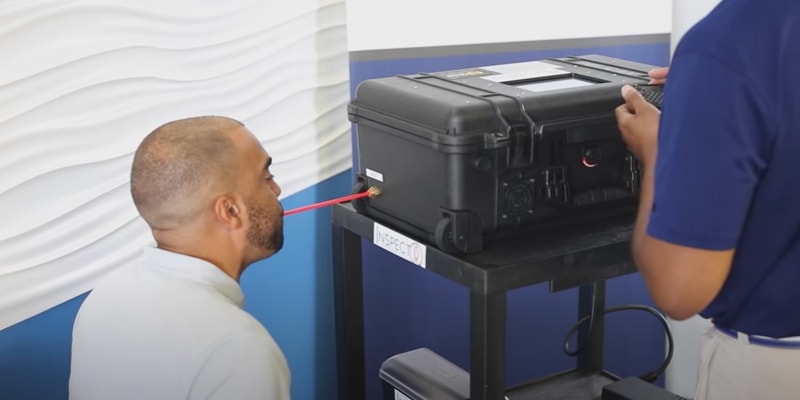
6: Improving Cardiovascular Health
The heart keeps us alive, working 24X7, pumping blood and providing oxygen. Lungs are equally important! Thus, cardiovascular health is a vital parameter for human health. So, do breathing exercises help? Breathing coaches also recommend various breathing exercises for those battling lung diseases. According to the American Lung Association, pursed lip breathing can help with shortness of breath due to COPD, asthma and other lung diseases.
A 2013 pilot study – Effects of slow breathing exercise on cardiovascular functions, pulmonary functions & galvanic skin resistance was carried out on 11 healthy human volunteers. It illustrated the beneficial effects of slow breathing exercise (pranayama), which started appearing within a week of its regular practice. The pilot study showed reduction in pulse rate in all the eleven volunteers (AV Turanka, 2013).
Another 2016 review titled “Effects of Various Prāṇāyāma on Cardiovascular and Autonomic Variables”, included relevant articles on the subject published from 1988 to 2016.
It noted that slow types of yogic breathing techniques improved cardiovascular and autonomic variables whereas faster breathing techniques do not demonstrate such effects (L Nivethitha, 2016).
7: Improving Digestion
Focusing on breathing helps in feeling better when one is feeling uneasy. But not many consider breathing exercises as a way to battle gastrointestinal issues such as flatulence, bloating, indigestion, constipation, among others
The 2020 meta-analysis, “The effect of breathing exercises on patients with GERD”, which analyzed 7 studies (including three RCTs), involving 194 patients and 16 healthy subjects and included esophageal manometry, laryngoscopic findings, esophageal pH monitoring, acid suppression usage and GERD symptoms.
The results of meta-analysis suggested that breathing exercises can improve pressure by the lower oesophageal sphincter (LES), and a statistically important difference was also noticed. The possible mechanism being the Improvement of the anti-regurgitation barrier, especially crural diaphragm (CD) tension (K Qiu, 2020).
8: Help in Weight Loss
So, can breathing exercises alone help you lose weight? Surprisingly, yes! It may sound too good to be true, but science has weighed in. So, can breathing exercises alone help you lose weight? Science has weighed in.
So, would you believe if we say that the majority of fat is lost when we breathe out carbon dioxide? According to a 2014 study by the researchers at University of New South Wales in Australia published in the Christmas issue of The BMJ, this is true.
These results also mean that lungs could be the key organ for weight loss and a way to detoxify the body’s airways.
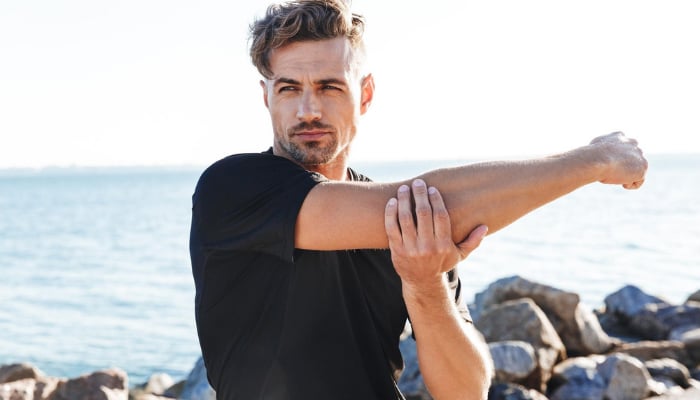
9: Lowers Inflammation
Recent research has shown that breathing improves immunity against viruses and diseases such as COVID-19. Another has demonstrated its anti-inflammatory properties.
The proof-of-concept study illustrated the anti-inflammatory effects of an add-on training program that involved breathing exercises, cold exposure, along with meditation in patients with axial spondyloarthritis. It noted a significant reduction in ESR levels and ASDAS-CRP upon the add-on training program in the intervention group (GA Buijze, 2019).
A faster-than-normal Erythrocyte Sedimentation Rate (ESR) could indicate inflammation in the body. Ankylosing Spondylitis Disease Activity Score with CRP (ASDAS-CRP) is used to index severity of ankylosing spondylitis (AS) using clinical and laboratory data; it integrates patient-reported outcomes and CRP into one index.
Research, Learn, Practice
Thus, the above researches, reviews and analytical studies support breathing exercises as a beneficial practice for human health and overall wellness.
But the most significant benefit of breathing exercises is that these techniques are easy to learn and can be practiced anywhere at any time. They also do not need any special equipment and are cost effective too.
You can start your research with breathing exercises online and then take advanced lessons from certified professionals, breathing coaches and fitness trainers.
